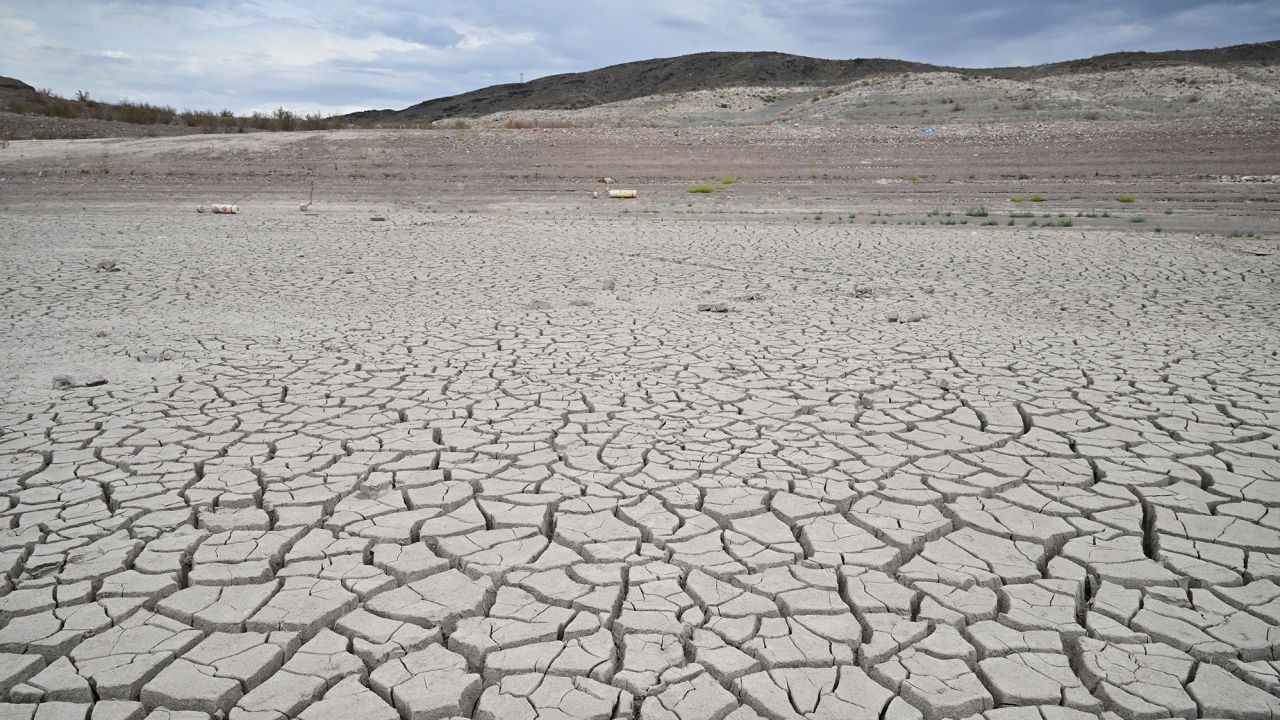 Thanks to heat waves worsened by climate change, July was recorded as the hottest month in history. With July temperatures breaking all “normal” values across much of the planet, a new study reveals how much of a role the climate crisis played in this month’s record-breaking temperatures.
Thanks to heat waves worsened by climate change, July was recorded as the hottest month in history. With July temperatures breaking all “normal” values across much of the planet, a new study reveals how much of a role the climate crisis played in this month’s record-breaking temperatures.The climate has changed
With heat domes forming over North America, North Africa, the Mediterranean and Asia this summer, much of the Northern Hemisphere has been struggling with sweltering heat for weeks. According to preliminary data from the World Meteorological Organization, the first week of July was probably the hottest week on record on the planet. Recent reports show that we are experiencing the hottest month in history all month. Temperatures exceeded 50 degrees Celsius this month in Death Valley in North America and parts of northwestern China. All-time temperature records were also broken in parts of Spain, France, Algeria and Tunisia.
The recently published study focuses on the southwestern United States, northern Mexico, southern Europe and low-lying areas of China, where the hottest temperatures were experienced in July. Heat waves affecting North America and Europe would have been “almost impossible” without climate change, according to the study led by World Weather Attribution (WWA), an international association of researchers. According to the study, the impact of climate change was greatest in Europe; temperatures here were 2.5 degrees Celsius warmer than they would have been had it not been for climate change.
The temperatures had disastrous consequences
These temperatures, which were well above the seasonal norms, had disastrous results. The scorching temperatures have claimed more than 100 lives in Mexico and killed more than 100 people who migrated from the US-Mexico border. Climate change is not just about warming. Floods and tornadoes in most parts of the world in recent months have also claimed hundreds of lives.
The study’s authors compared real-world temperatures with what would likely have happened had it not been for human-induced global warming of around 1.2 degrees Celsius since the Industrial Revolution. As long as the world does not switch to clean energy, it is estimated that heat waves will continue to be experienced more frequently and intensely with climate change. Heat waves like the one the world saw in July could happen every few years if global warming rises 2 degrees above pre-industrial levels, according to the study.
While scientists say current summer temperatures have reached extremes, they’re worried it could quickly become the new norm. According to Friederike Otto, one of the study’s authors, if we continue to burn fossil fuels, the “coolest” summer in the future may be the one we live in right now.